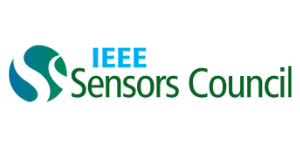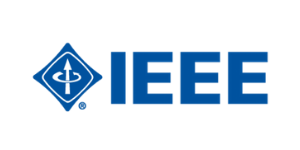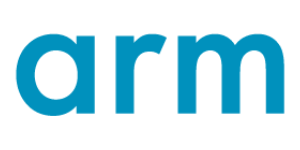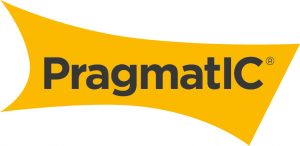We, the members of the IEEE, in recognition of the importance of our technologies in affecting the quality of life throughout the world, and in accepting a personal obligation to our profession, its members, and the communities we serve, do hereby commit ourselves to the highest ethical and professional conduct and agree:
- to hold paramount the safety, health, and welfare of the public, to strive to comply with ethical design and sustainable development practices, and to disclose promptly factors that might endanger the public or the environment;
- to avoid real or perceived conflicts of interest whenever possible, and to disclose them to affected parties when they do exist;
- to be honest and realistic in stating claims or estimates based on available data;
- to reject bribery in all its forms;
- to improve the understanding by individuals and society of the capabilities and societal implications of conventional and emerging technologies, including intelligent systems;
- to maintain and improve our technical competence and to undertake technological tasks for others only if qualified by training or experience, or after full disclosure of pertinent limitations;
- to seek, accept, and offer honest criticism of technical work, to acknowledge and correct errors, and to credit properly the contributions of others;
- to treat fairly all persons and to not engage in acts of discrimination based on race, religion, gender, disability, age, national origin, sexual orientation, gender identity, or gender expression;
- to avoid injuring others, their property, reputation, or employment by false or malicious action;
- to assist colleagues and co-workers in their professional development and to support them in following this code of ethics.
Changes to the IEEE Code of Ethics will be made only after the following conditions are met:
- Proposed changes shall have been published in THE INSTITUTE at least three (3) months in advance of final consideration by the Board of Directors, with a request for comment, and
- All IEEE Major Boards shall have the opportunity to discuss proposed changes prior to final action by the Board of Directors, and
- An affirmative vote of two-thirds of the votes of the members of the Board of Directors present at the time of the vote, provided a quorum is present, shall be required for changes to be made.








